Plex: 18 September 2024
Questions; A Spiritual Disconnect with Nature; Database Tools for Everyone; Earth and Art; My First Time at the Pool

The Biweekly Plex Dispatch is an inter-community newspaper published by Collective Sense Commons on first and third Wednesdays of each month. Price per issue: 1 USD, or your choice of amount (even zero).
In This Issue
- Questions (Douglass Carmichael)
- A Spiritual Disconnect with Nature (Klaus Mager)
- Database Tools for Everyone (Peter Kaminski)
- Earth and Art (Ken Homer)
- My First Time at the Pool (Ken Homer)
charles blass
Questions
by Douglass Carmichael
Questions we will need to ask ourselves soon. Many people already have.
- Change fundamentals of the economy, or leave them as they are?
- Stay or go?
- What to tell the children.
- Where to go.
- When to go.
- Who goes with you?
- Communications tech - how to stay in touch?
- Transportation - how to get there?
- What do you take with you?
- Food, water, clothes, cooking utensils.
- Important documents and records.
Some of this will be very hard, because desires become formed into habits. Some love the city, some the country. Money and food are important to some, not others, Some like to work, some to be recipients, some to take, and some to help. Erich Fromm called this “social character,” suggesting that societies shape individuals to accept their role in fulfilling their specific needs and functions.
These in the context of:
[The] death and deportation of people is extremely grievous: all suffer violence, murder and separation from their loved ones. Even those who are fortunate to have escaped and whose love is undiminished [by the brutalizing effects of war] suffer from the misfortunes of their friends, colleagues and relatives. This [suffering] is shared by all men....
Excerpt From The Golden Road, by William Dalrymple. It's a good overview of thought in Ancient India.
Also see a new paper by Jason Hickel and Dylan Sullivan, “How Much Growth is Required to Achieve Good Lives for All?”

A Spiritual Disconnect with Nature
by Klaus Mager
As I was writing my latest newsletter: Planting the Rain, it occurred to me that in our modern world, the relationship between humanity and nature has become dangerously fractured. Nowhere is this more evident than in Western science, which has slowly distanced itself from the spiritual and interconnected reality of the natural world. The Earth, once seen as Gaia, a living system teeming with intricate webs of life, is now viewed as a mere machine—an inert resource to be controlled, managed, and exploited. This disconnect has not only led to the degradation of our ecosystems but has put the very survival of our species at risk.
Consider, for example, the role of agricultural science. In the name of innovation, university extension programs—which are tasked with advising farmers—enforce farm bill rules that promote the planting of cover crops as a regenerative practice. On the surface, this seems aligned with environmental goals. However, farmers participating in crop insurance programs are then forced to terminate these cover crops with chemical herbicides, like Roundup, when scientists determine that the cover crop is drawing down water levels for the cash crop—often genetically modified corn or soy. What appears to be a solution to protect the soil instead becomes another act of harm, one that continues to treat the Earth as a mechanical system rather than a living organism. It epitomizes the lack of systems thinking in our science institutions.
This approach—rooted in the materialist, reductionist view of Western science—fails to recognize that soil is alive. It is not merely a substance to be controlled but a living entity that breathes, nourishes, and supports life. The soil, much like the atmosphere and the oceans, is part of a delicate balance that determines the health of entire ecosystems. Yet, the tools of modern science often ignore this interconnectedness, treating land, water, and air as separate components to be manipulated for economic gain.
In reality, this mechanistic approach to the land is a reflection of a deeper spiritual disconnect. We have forgotten that we are not separate from the Earth, but part of it—bound by the same cycles of life and death, growth and decay. The soil’s health is our health. Its ability to hold water, nourish plants, and support biodiversity is directly linked to our own well-being. When we degrade the land, we degrade ourselves.
We need to challenge that narrative, and call for a return to a holistic view of science—one that re-integrates the spiritual and the material, the human and the natural. By understanding the Earth as a living system, we can begin to heal the rift between economic needs and ecological sustainability. Only by seeing the planet as a sacred, living whole can we move toward a future where both humans and the environment thrive.
My newsletter explains the incredible scale of damage we are creating in the ecosystem.

charles blass
Databases for Everyone: Airtable vs. Grist
by Peter Kaminski
As many of you know, I’ve been a long-time fan of Airtable. It's made organizing for personal life and business fun. But recently, I’ve been diving into Grist, and I have to say, it’s got some serious potential too. Here’s a quick rundown of how both tools stack up.
Why Should You Care?
We all have to keep track of stuff. Imagine you have a bunch of similar items you want to keep track of, like your book collection, recipes, or even your daily tasks. Each of these things has certain details you want to remember - books have authors and page counts, recipes have ingredients and cooking times, tasks have due dates and priorities.
A regular spreadsheet can help you organize this info, which is great! But tools like Airtable and Grist take it a step further. They're like spreadsheets with superpowers. Not only can you list out all your items and their details, but you can also connect different lists together (like linking your grocery list to your recipes), or add special features like checkboxes, dropdown menus, or even photos.
So while a spreadsheet is like a super-organized list, Airtable and Grist are more like digital assistants that help you see connections between your lists and do more with your information.
Airtable vs. Grist: What’s the Difference?
Airtable is a user-friendly, visually appealing database tool that offers a spreadsheet-like interface with powerful relational database capabilities. You can switch between different views—grid, calendar, gallery, or Kanban—depending on how you want to see and work with your data. Plus, with a huge library of templates and integrations, getting started is quick, and you can easily connect it to your other tools.
Grist is a user-friendly, visually appealing database tool that offers a spreadsheet-like interface with powerful relational database capabilities. Unlike Airtable, though, it's also open source. It has different views and visualizations that can be arranged in dashboards. It can be self-hosted pretty easily for one user using Docker. Self-hosting for a team will be a little more complicated, but still doable. Grist also offers powerful data analysis features and supports complex formulas and Python scripts for those who want to dive deeper.
Look at both, see which one appeals to you.
What Can You Actually Do With These?
- Organizing community events
- Tracking projects and goals
- Managing a side hustle
- Building a knowledge base of shared resources
- Or just trying to adult by keeping your life in order
Quick Mentions
Some other tools. These are general purpose organizers, good for text and more miscellaneous information. I use both kinds of tools – database and information management.
- Notion: Does a bit of everything, including databases. Great if you want your whole digital life in one place. Great for teams.
- Coda: Mixes documents and databases in creative ways. Pricey.
- Obsidian: Doesn't do databases (well, the Dataview plugin kinda does), but I always mention Obsidian whenever I mention Notion. Organizes with pages of Markdown text, like a wiki. Great for individuals, can be used by teams with some overhead. Has a bit of a DIY flavor, but has a huge community of users and developers. Free for personal use.
The Bottom Line
Whether you stick with my old friend Airtable or check out my new friend Grist, there's never been a better time to get your data organized.
Both tools have a good free tier that I've been able to do real work with – check 'em out. There's a database tool out there that can make your life easier. Who knows? You might even have some fun doing it.
Don't forget to share your experiences with these tools in Mattermost or the OGM mailing list or wherever - your insights could help fellow Plex readers find the perfect solution for their needs!
charles blass
Earth and Art
by Ken Homer
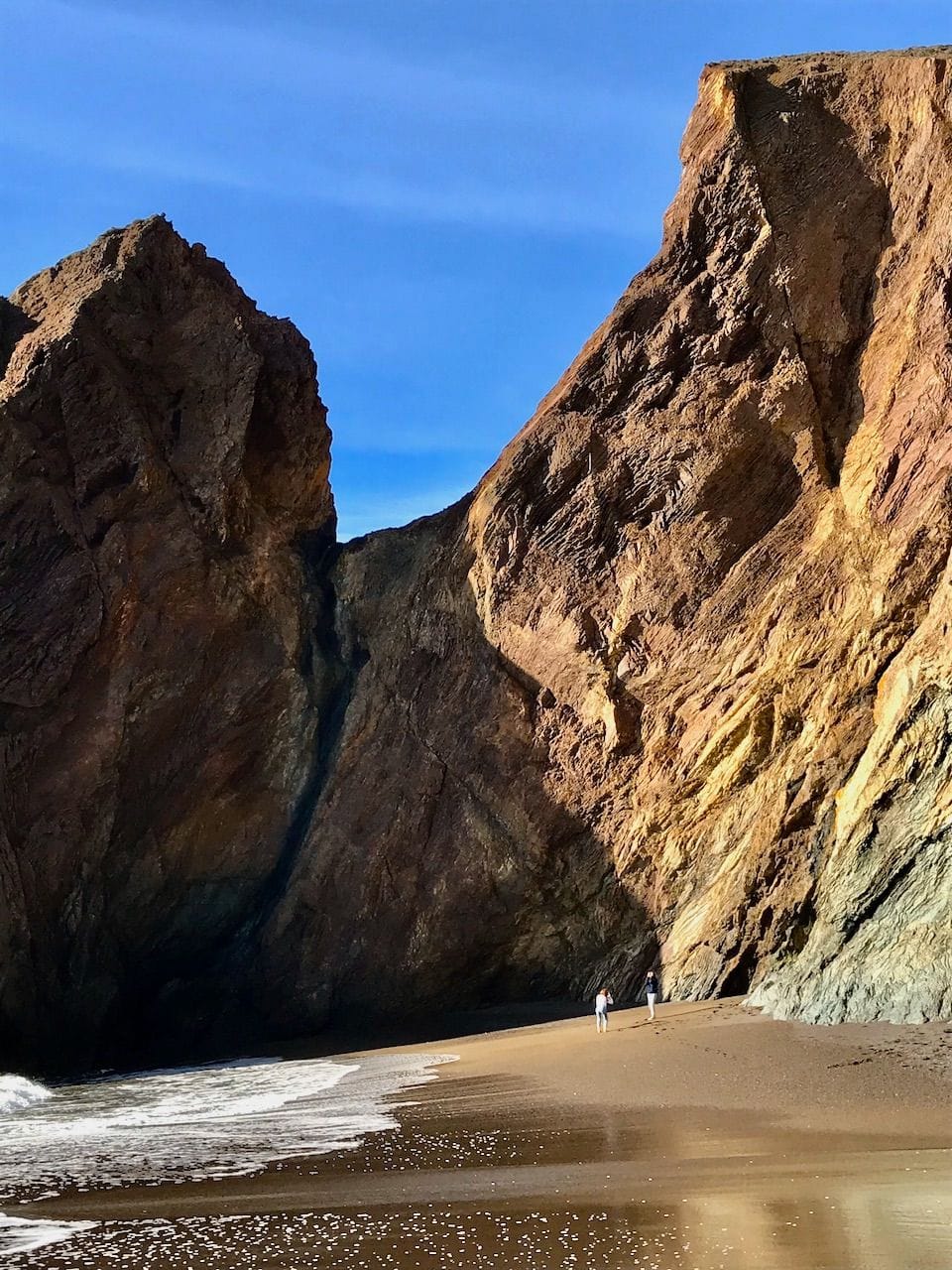
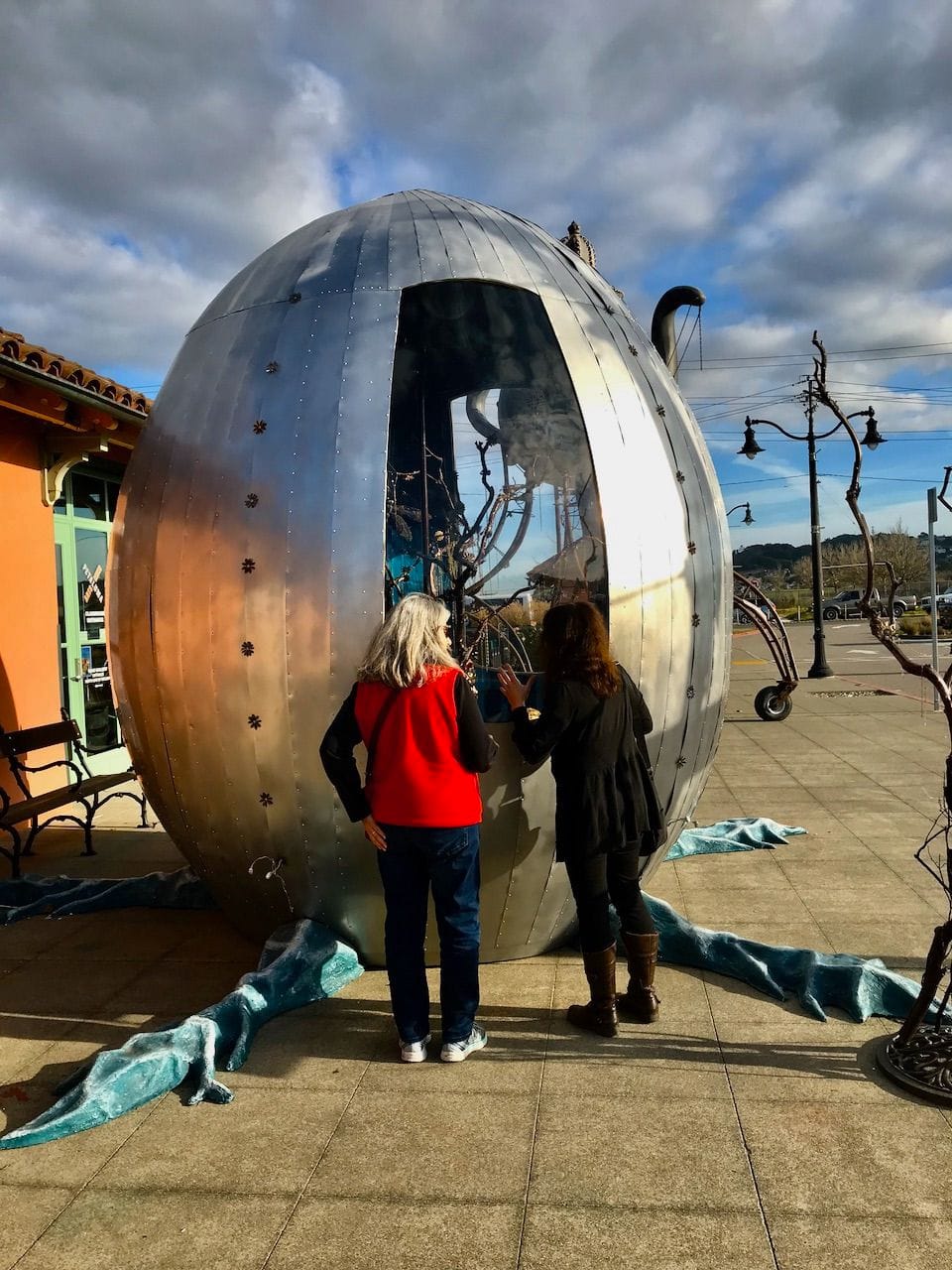
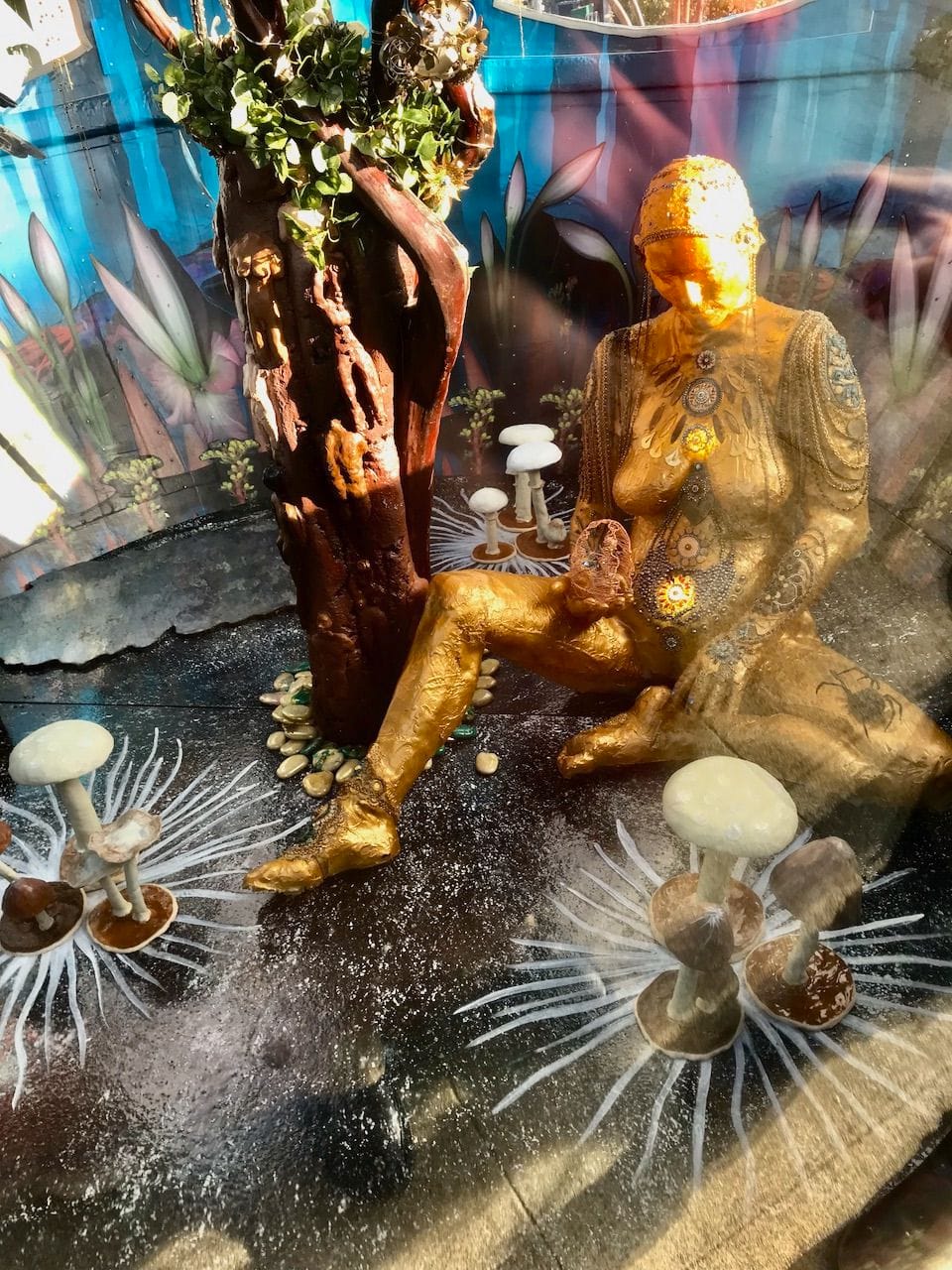
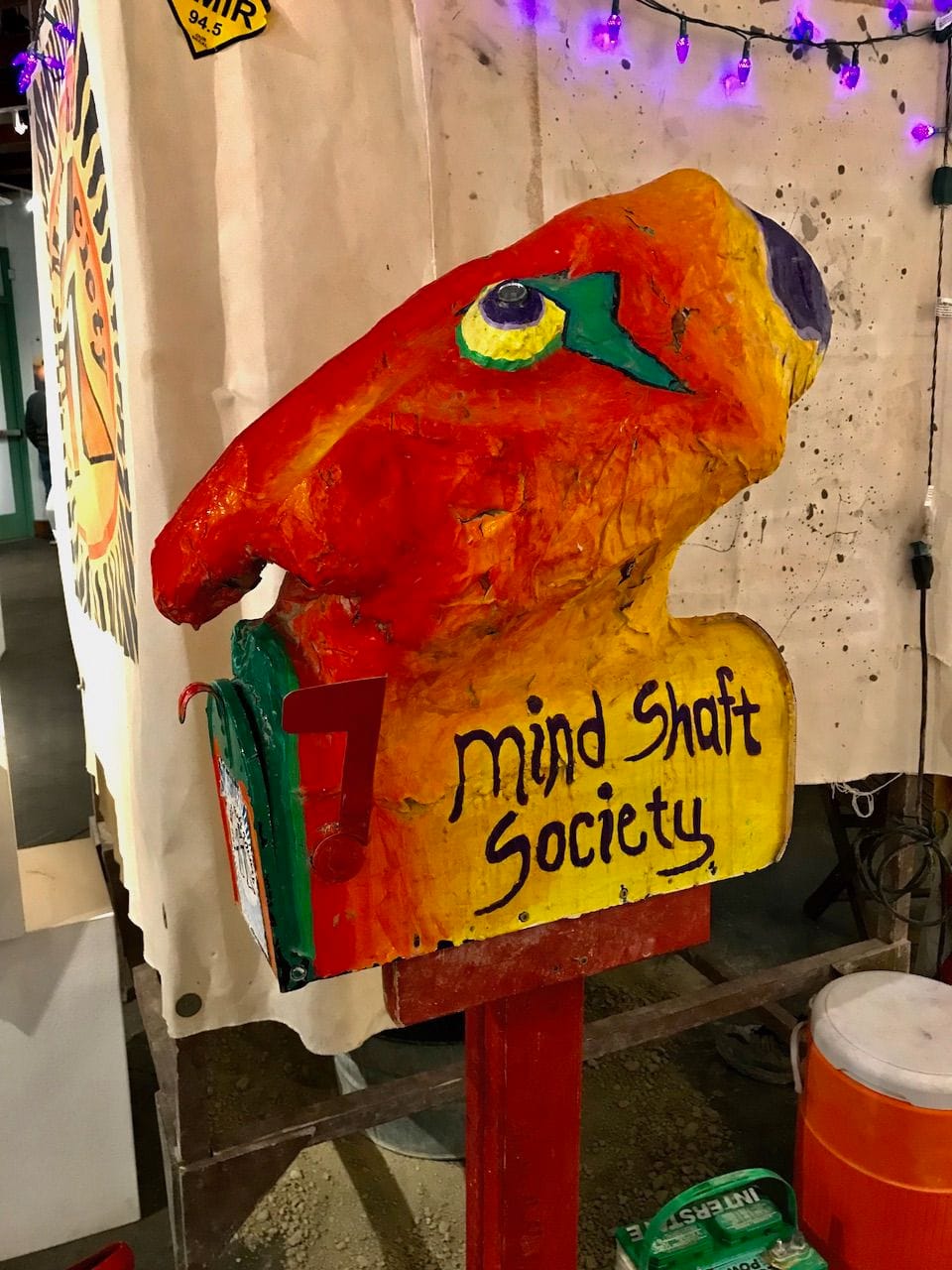
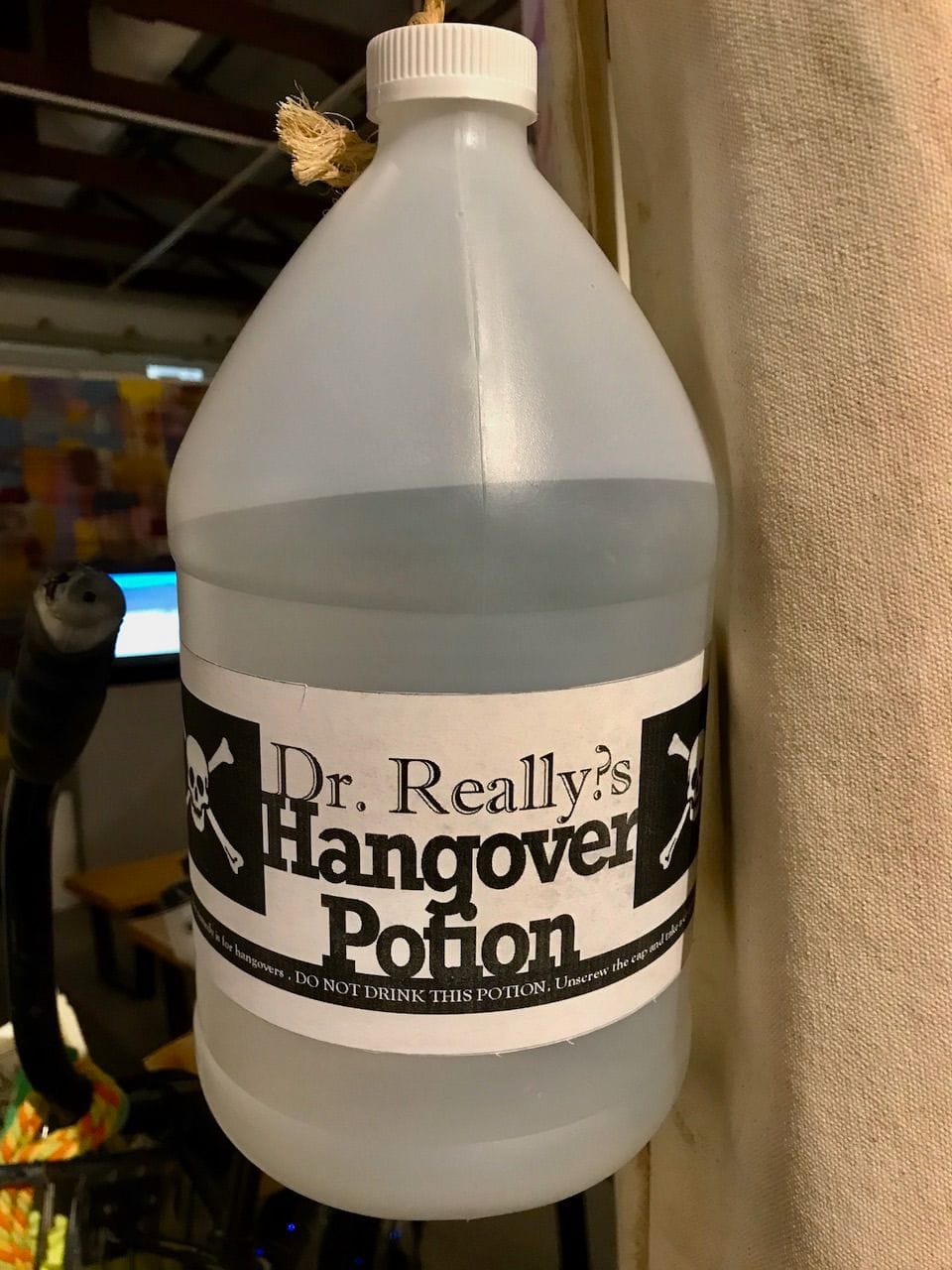
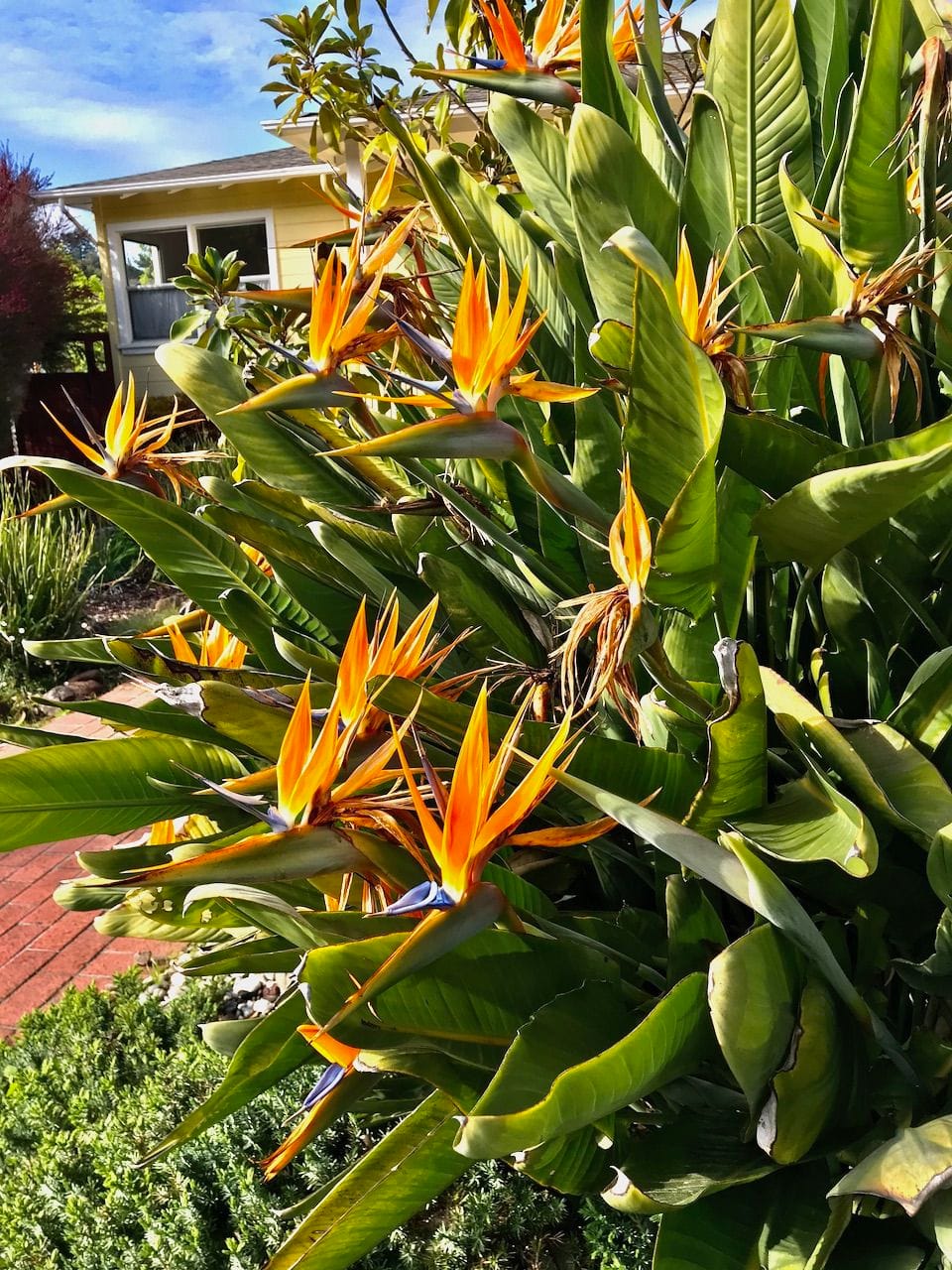
charles blass
My First Time at the Pool
by Ken Homer
One evening my eldest sister
Took me to her friend’s house
I might have been about two
There was a pool
It was all lit up from below
I was mesmerized
I immediately walked into the water
It was the deep end
I remember warm water
Opening my eyes to the blue light
Loving the feeling of floating
Then there was a problem
I didn’t know how to swim
I inhaled water
Started to cough
Started to panic
The sinking feeling inside
Was accompanied by
My body sinking to the bottom
Suddenly a pair of hands
Was under my arms
I was being lifted up
Out of the water
Able to breathe air
Still coughing and sputtering
I didn’t cry
Not at first
But once I was okay
I got scared
Started wailing
That’s all I recall
Ken Homer • February 2024
charles blass
Thank you for reading! The next edition will be published on 2 October 2024. Email Pete with suggested submissions.
Grateful appreciation and many thanks to Charles Blass, Douglass Carmichael, Ken Homer, and Klaus Mager for their kind contributions to this issue.
